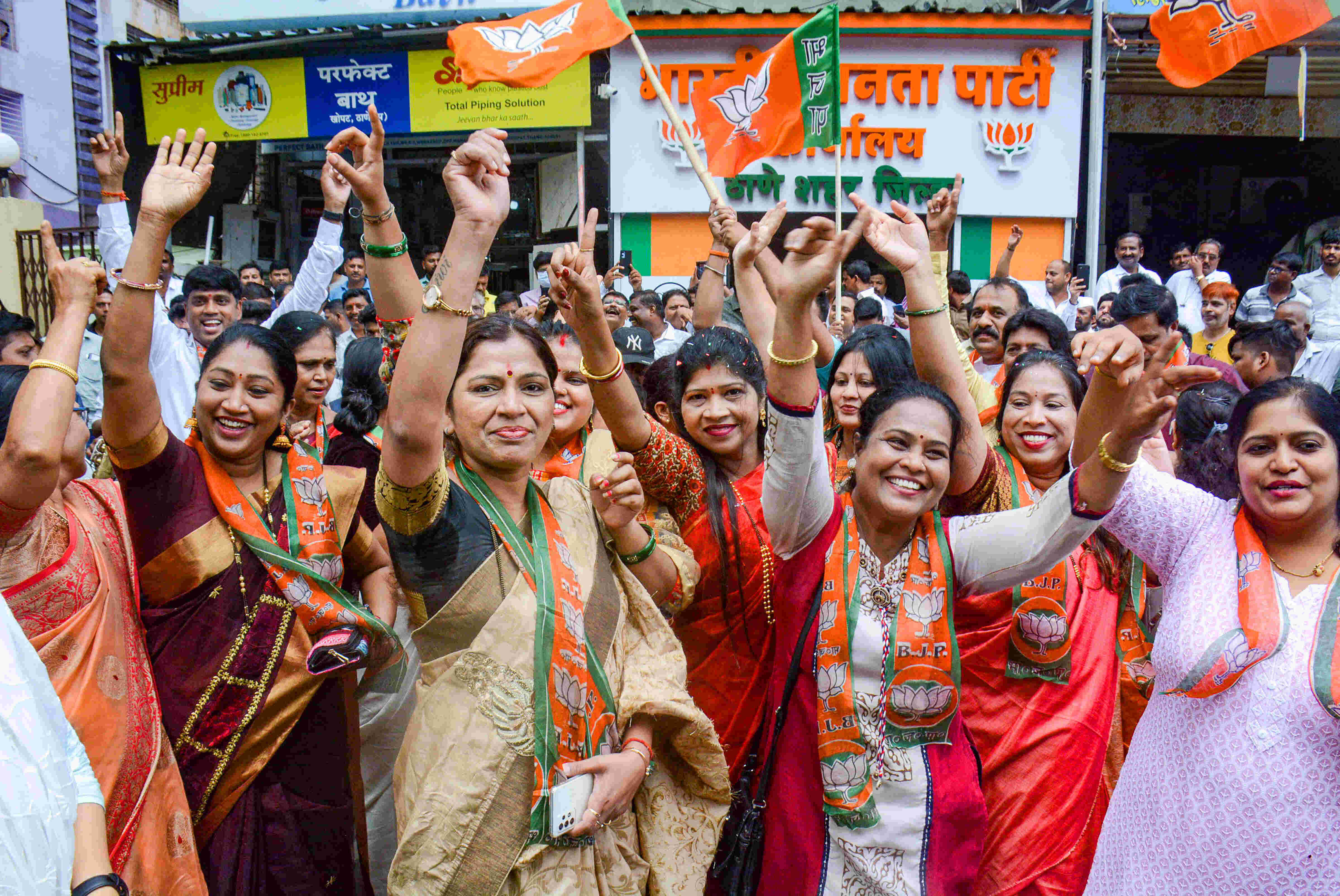Tactical margins

After the BJP had secured a strength of over 100 members in the 245-member Upper House of the Parliament for the first time in March this year, its tally declined to 95 later, and has now gone down to 92 after the recently concluded Rajya Sabha polls. Of the 57 vacant seats that were to be filled, the BJP managed to secure 22 — shortly falling behind equaling its share of 25 members in the number of overall vacancies. The Congress, winning nine seats altogether against its share of seven in the overall vacancies, has increased its tally from 29 to 31. It may be pointed out that 41 of the 57 vacancies were filled by unopposed candidates from across the parties and elections were conducted for the remaining 16 seats on Friday. In the polls, it was the BJP that came out with flying colours — winning eight of the 16 seats at stake in four states — Maharashtra, Karnataka, Rajasthan and Haryana, and getting an independent candidate elected as well. In Maharashtra, punching well above its weight, the saffron party got all of its three candidates — Piyush Goyal, Anil Bonde and Dhananjay Mahadik — elected. Mahadik unpredictably defeated Shiv Sena's candidate — Sanjay Pawar. Devendra Fadnavis, whose strategy is being hailed as a prominent factor behind the BJP's success in Rajya Sabha polls in Maharashtra, said that the results show that "smaller parties/independents are not happy with Maha Vikash Aghadi government." The Indian National Congress (INC), National Congress Party (NCP) and Shiv Sena also managed to win one seat each — with their respective candidates being Imran Pratapgarhi, Praful Patel and Sanjay Raut. In total, of the six seats at stake, the BJP won three and the rest got divided equally among the NCP, the INC and Shiv Sena. NCP leader Sharad Pawar said he was "not shocked" by the results as "the BJP had more independent MLAs on its side." Nevertheless, the result can be seen as a setback to the MVA coalition and it requires some serious retrospection; mere 'humble acceptance' of defeat may not suffice. Given the deft with which the BJP plays its number game, the ruling coalition in Maharashtra needs to be alert before the Council elections that would be conducted shortly. The saffron party is already claiming to win at least five of the 10 seats, and it can't be taken lightly. Apart from Maharashtra, Haryana too came as a real thriller where, in a close three-cornered contest, media baron Kartikeya Sharma managed to defeat Congress' Ajay Maken despite numbers being in the latter's favour — thanks to Kuldeep Bishnoi's cross-voting and an invalid vote by another Congress member. This was certainly some real sloppy work by the INC. Maken's defeat by a slim margin of 2/3rd of a vote must be a hard thing for the party to digest. Bishnoi is expelled from all positions within the party "with immediate effect" but the loss remains a loss. Poll results in Rajasthan brought some respite for the Congress party. Of the four seats at stake, Congress comfortably won three and the BJP managed to clinch the fourth. All the three candidates from the INC — Randeep Singh Surjewala, Mukul Wasnik and Promod Tiwari — won. At the same time, while the BJP's lone contestant — Ghanshyam Tiwari — secured his seat, the independent candidate backed by the party — media baron Shubhash Chandra — lost. Karnataka again proved to be a bounty for the BJP. A total of six candidates contested for four seats. From the BJP, all the three contestants — Nirmala Sithraman, Jaggesh and Lahar Singh Siroria — won. At the same time, while Congress' Jairam Ramesh won, another Congress candidate Mansoor Ali Khan couldn't secure a berth. JD-S lone contestant Kupendra Reddy also lost. As the biennial elections are over now, and with seven of the 12 nominated seats still vacant, the chances are that the BJP may again score a century. Furthermore, the Rajya Sabha polls have shown the party's efficacy in dealing with independents. As is known, good strength in Rajya Sabha allows a ruling party at the Centre to pass laws and formulate policies with less resistance. BJP's performance will also provide a political momentum to the party ahead of crucial elections. However, it is less likely to have a major impact on the Presidential elections. Rajya Sabha election results re-emphasize on the need for Opposition parties to evolve their election fighting process by incorporating new trends and practices.



